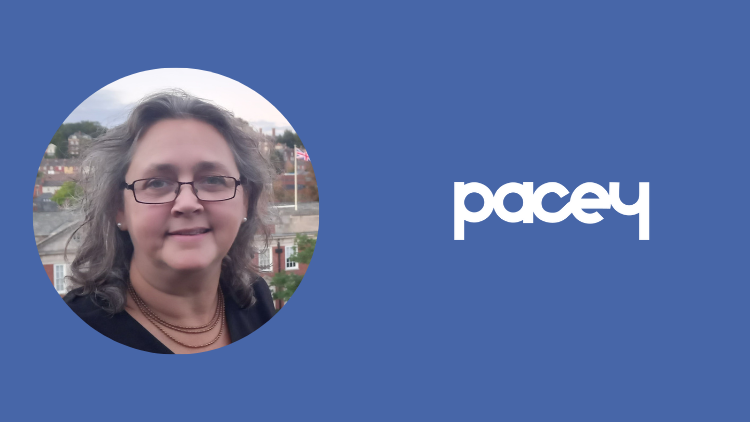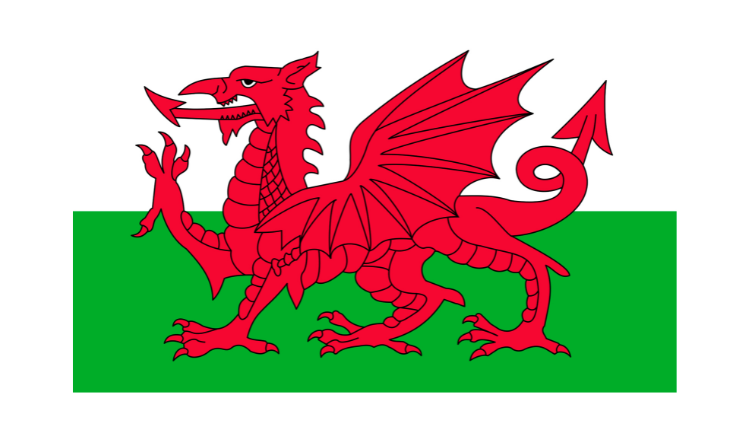Lucy Lewin, PACEY Trustee
My journey into registered childcare began in 2009 when I became a childminder. I knew that this was going to be an exciting adventure as I had been looking after friends children during school holidays for a few years before and loved every second. What I did not know was that this adventure would become my life’s purpose. A career that could pull together my strengths, passions and natural skills into one rewarding, challenging and never-ending learning experience.
I love learning! I am so passionate about watching humans realise their potential and achieve things they never dreamed they could. From a new-born baby to adults tiptoeing out of their comfort zone, it all leads back to our innate thirst for learning.
“The passion for stretching yourself and sticking to it, even (or especially) when it’s not going well, is the hallmark of the growth mindset. This is the mindset that allows people to thrive during some of the most challenging times in their lives.” Dweck, 2006
This quote highlights the importance of having a growth mindset, which is the belief that one’s abilities and intelligence can be developed through hard work, dedication, and learning from mistakes. The acquisition of knowledge is a critical component of the growth mindset because it allows individuals to continue developing and improving their skills and abilities. By embracing the mindset of growth and pursuing the acquisition of knowledge, individuals can unlock their full potential and thrive in all areas of their lives.
Early years practitioners play a critical role in the development of children, and it’s essential that we engage in ongoing professional development. First and foremost, continuing professional development (CPD) helps practitioners to stay up to date with the latest research and best practices in the field. This knowledge helps you to provide high-quality care that meets the individual needs of each child.
CPD also allows practitioners to develop new skills and deepen understanding of child development. For example, PACEY’s CEY smart bite-sized training provides courses in areas such as communication and language, literacy, and physical development. These skills are invaluable for practitioners who want to ensure that they are providing the best possible care for the children in their care.
In addition to developing new skills, CPD can also help practitioners to reflect on practice and identify areas for improvement. PACEY’s CPD reflection and evaluation resources provide tools to help practitioners assess the impact of their learning on their practice. This self-reflection helps to continually improve the quality of care they provide.
Engaging in CPD also demonstrates a commitment to professionalism and lifelong learning. It sends a message to parents and other professionals that practitioners are serious about providing high-quality care and that they are dedicated to staying up to date with the latest research and best practices.
Finally, CPD can help practitioners to meet regulatory requirements. By participating in CPD, practitioners can ensure that they meet these requirements and maintain their registration.
In conclusion, ongoing professional development is essential for practitioners who want to provide the best possible care for children. From developing new skills, embracing a growth mindset to reflecting on practice, CPD helps practitioners to stay up to date with the latest research and best practices, improve the quality of care they provide, and meet regulatory requirements. The PACEY CPD resources provide valuable tools to support practitioners in their professional development journey.
#Signposts
- Resource hub topic: CPD, reflection and evaluation
- Factsheet: Continuous Professional Development
- Download: Certification of Reflection
- Podcast: What CPD means to me and my practice
- Blog: Ofsted on continuous professional development
- CEY smart: Your free training
Reference
Dweck, C.S. (2006). Mindset: the New Psychology of Success. New York: Random House.



